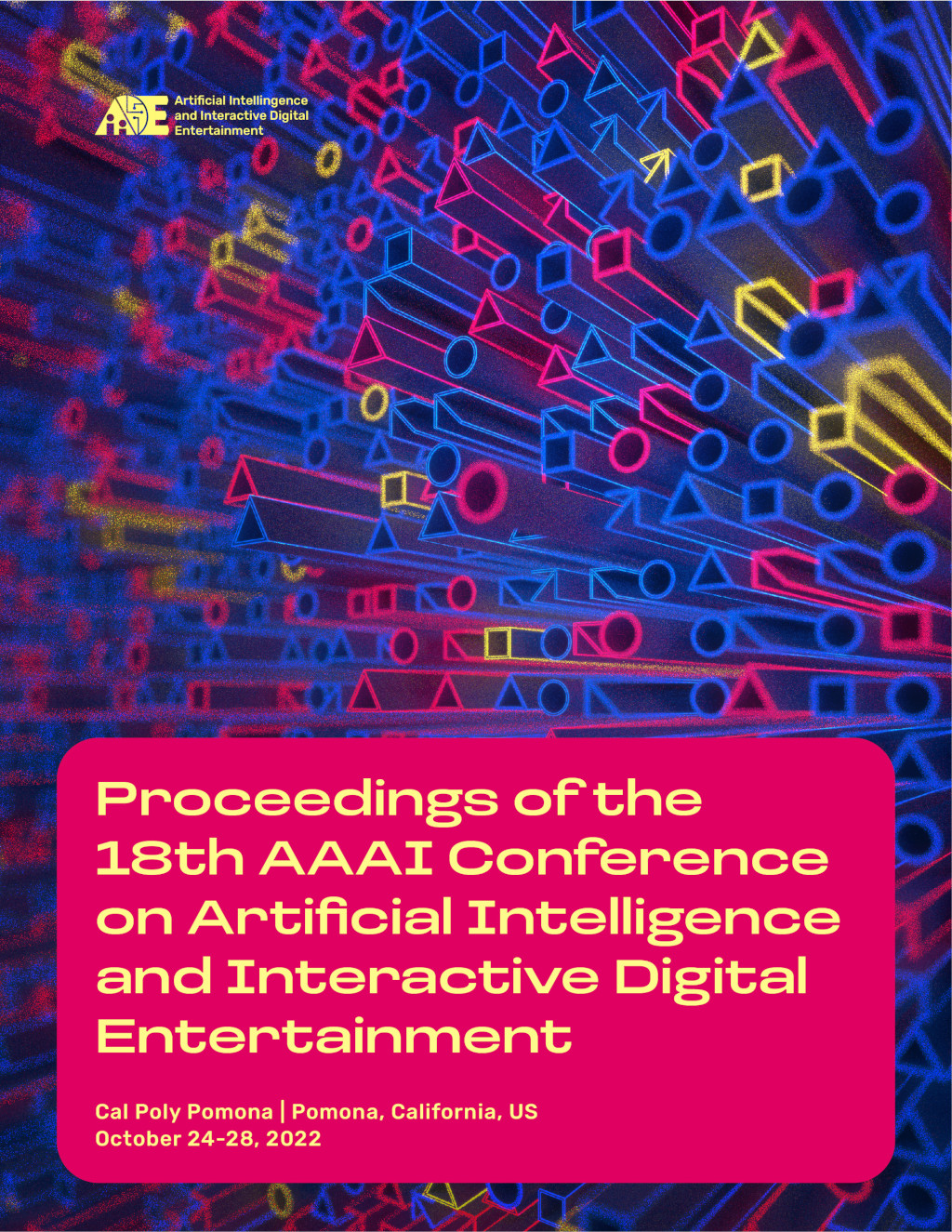Game System Models: Toward Semantic Foundations for Technical Game Analysis, Generation, and Design
DOI:
https://doi.org/10.1609/aiide.v18i1.21942Keywords:
Game Design, Abstraction, Video Games, Knowledge Representation Languages, First-order LogicAbstract
Game system models introduce abstractions over games in order to support their analysis, generation, and design. While excellent, models to date leave tacit what they abstract over, why they are ontologically adequate, and how they would be realized in the engine underlying the game. In this paper we model these abstraction gaps via the first-order modal mu-calculus. We use it to reify the link between engines to our game interaction model, a player-computer interaction framework grounded in the Game Ontology Project. Through formal derivation and justification, we contend our work is a useful code studies perspective that affords better understanding the semantics underlying game system models in general.Downloads
Published
2022-10-11
How to Cite
Cardona-Rivera, R. E., Zagal, J. P., & Debus, M. S. (2022). Game System Models: Toward Semantic Foundations for Technical Game Analysis, Generation, and Design. Proceedings of the AAAI Conference on Artificial Intelligence and Interactive Digital Entertainment, 18(1), 10-17. https://doi.org/10.1609/aiide.v18i1.21942
Issue
Section
Research Track Papers

